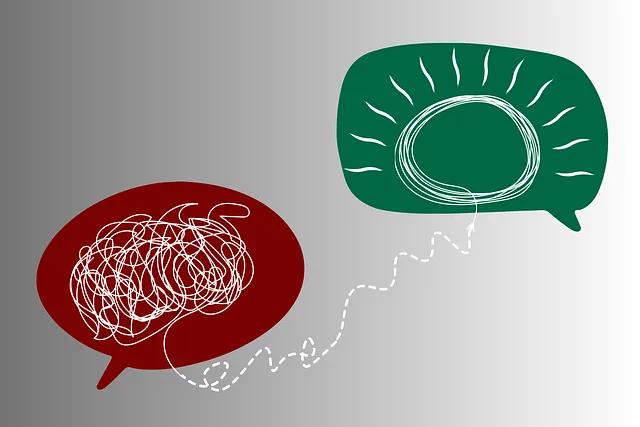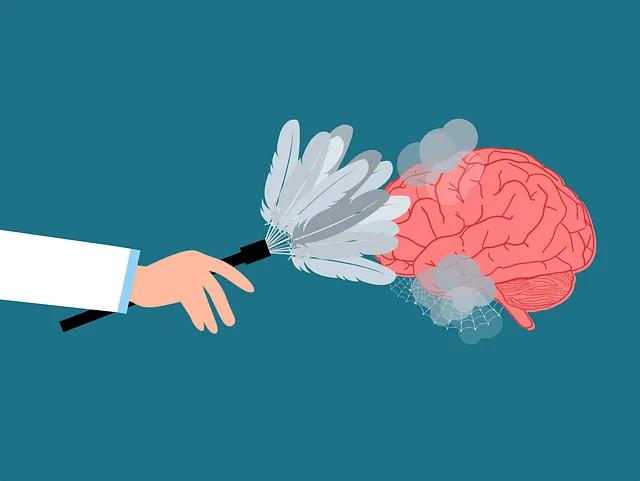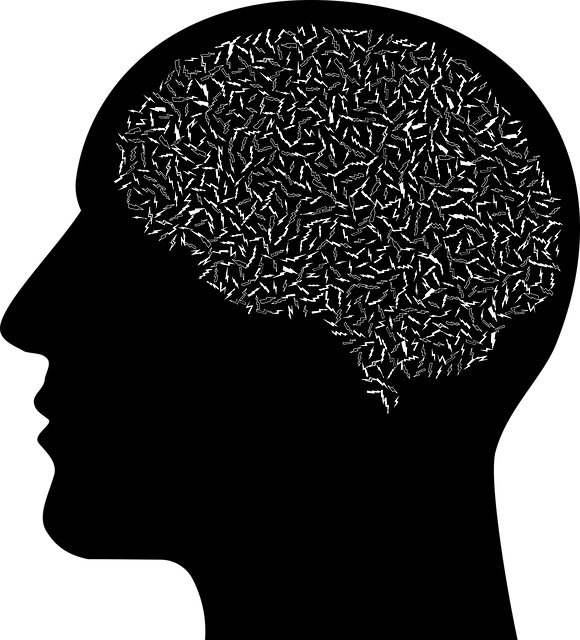The Golden Kaiser Permanente mental health center employs group facilitation techniques to enhance mental health care through collaborative sessions led by skilled professionals. These practices create safe spaces, encourage open communication, and foster community, leading to improved patient outcomes, increased access to care, and public awareness of mental wellness. By integrating risk assessment tools and following guiding principles like active listening and judgment-free zones, the center ensures tailored interventions and positive group dynamics. This holistic approach combines evidence-based practices with cultural sensitivity, reflecting Kaiser Permanente's commitment to effective mental health support.
Mental wellness group facilitation plays a pivotal role in enhancing therapeutic outcomes at mental health centers. This article delves into effective techniques, drawing from the renowned approach of Kaiser Permanente, a leading mental health provider. We explore ‘Understanding Group Facilitation’ and establish ‘Golden Rules’ for engaging participants. Additionally, we analyze Kaiser’s holistic model, demonstrating how their comprehensive strategies empower groups to foster mental wellness. Discover proven methods for creating supportive environments that drive positive change in this insightful guide.
- Understanding Group Facilitation in Mental Health Care
- Golden Rules for Engaging and Supporting Group Members
- Kaiser Permanente's Approach: A Holistic Model for Wellness
Understanding Group Facilitation in Mental Health Care

Group facilitation plays a pivotal role in enhancing mental health care, as evidenced by initiatives at renowned centers like the Golden Kaiser Permanente mental health center by its owner. This collaborative approach brings individuals together to share experiences, offer support, and learn from one another in a safe and structured environment.
Effective group facilitation techniques are essential for fostering a sense of community, promoting open communication, and encouraging personal growth. It involves skilled professionals who guide discussions, facilitate activities, and create a supportive atmosphere. By integrating these practices, mental health centers can enhance patient outcomes, improve access to care, and contribute to the development of public awareness campaigns around mental wellness. Furthermore, it aids in risk management planning for mental health professionals by providing a framework for addressing complex issues within a group setting.
Golden Rules for Engaging and Supporting Group Members

Creating a safe and supportive environment is paramount when facilitating mental wellness groups, especially within the context of a Kaiser Permanente mental health center by owner. As a group leader, adhering to certain guiding principles can foster an inclusive atmosphere that encourages every member’s active participation. The Golden Rules for engaging and supporting group members include promoting active listening, ensuring anonymity and confidentiality, and fostering an environment free from judgment. By practicing these rules, facilitators create a sanctuary where individuals feel secure sharing their experiences and perspectives, ultimately enhancing the therapeutic benefits of the group setting.
Furthermore, these techniques complement the broader goals of mood management and coping skills development, which are integral components of comprehensive mental health care. The Risks Assessment for Mental Health Professionals serves as a critical tool to gauge each participant’s emotional state and tailor interventions accordingly. By following these Golden Rules and integrating risk assessment practices, facilitators can effectively guide their groups toward positive outcomes, ensuring every member receives the support they need to navigate their mental wellness journeys successfully.
Kaiser Permanente's Approach: A Holistic Model for Wellness

Kaiser Permanente, renowned for its comprehensive healthcare services, adopts a holistic model for mental wellness that goes beyond traditional therapy sessions. This approach recognizes the interconnectedness of mind, body, and spirit, reflecting the belief that optimal mental health is achieved through a diverse range of interventions tailored to each individual’s unique needs. The Golden Kaiser Permanente mental health center, owned by this forward-thinking organization, embodies this philosophy.
Facilitated by trained professionals, the program offers a multi-faceted approach to Anxiety Relief and Crisis Intervention Guidance, incorporating evidence-based practices alongside traditional healing methods. Cultural Sensitivity in Mental Healthcare Practice is at the core of their methodology, ensuring that diverse communities feel seen, heard, and respected within the therapeutic environment. This inclusive approach fosters trust and encourages open dialogue, making mental wellness support accessible and effective for all.
Mental wellness group facilitation is a powerful tool, as evidenced by Kaiser Permanente’s holistic model, which prioritizes each individual’s unique journey. By applying the golden rules outlined in this article—empowering participants, fostering an inclusive environment, and encouraging active engagement—mental health center owners can create supportive spaces that promote healing and growth. These techniques not only enhance traditional therapy but also offer a collaborative approach to navigating mental wellness, ensuring every voice is heard and valued.






